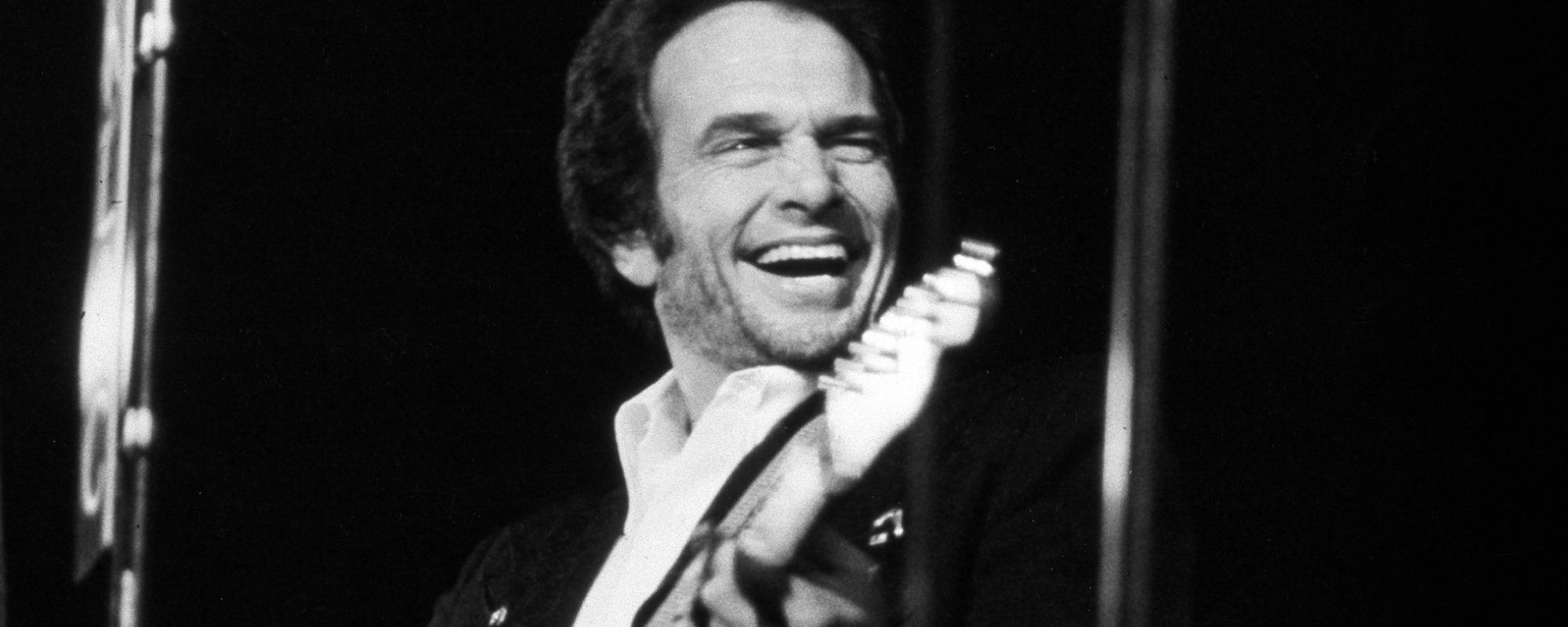We think of Richard Manuel as one of the most mesmerizing singers of his era. Whether belting in an angelic falsetto or a husky lower register, he exuded soul and feeling with every note that he sang. Early in The Band’s career, Manuel also shone as a songwriter. “Lonesome Suzie”, a gorgeously sad ballad from Music From Big Pink, their 1968 debut album, stands out as one of his finest writing efforts.
Videos by American Songwriter
The “Lonesome” Life
Robbie Robertson eventually became the chief songwriter within The Band. But in their earliest days, other members chipped in as well. As a matter of fact, Manuel ended up with as many writing credits as Robertson on Music From Big Pink.
Manuel wrote both the plaintive “In A Station” and the joyous “We Can Talk” for the record all on his own. He also penned the music for the mournful “Tears Of Rage”, with Bob Dylan handling the lyrics. Two other candidates that he wrote for the record were “Katie’s Been Gone” and “Lonesome Suzie”.
Both were ballads, although “Katie’s Been Gone” had a bit more pep in its step. The Band almost chose that track. They worried that there was already a bit too much slow stuff on the record. But they stuck with “Lonesome Suzie”, and now it’s impossible to imagine Music From Big Pink without it.
Manuel wrote “Lonesome Suzie” with the intent of delivering a hit single for The Band. Alas, pop chart success would never be in the cards for them. The song features one of Manuel’s most impressive vocal performances. And his lyrics tellingly depict a lonely soul, something that Manuel, haunted throughout life by his own demons, innately understood.
Exploring the Lyrics of “Lonesome Suzie”
As a lyricist, Manuel cultivated a plainspoken style that lent his songs authenticity. “Lonesome Suzie” sounds like a guy telling a friend, without any artifice or showiness, about the titular character. The empathetic streak the narrator displays seems to come from the similar feelings he has in his own life.
Manuel boils her difficult lot in life down to basic bad luck. “Lonesome Suzie never got the breaks,” he explains. Anyway, what does it matter how she got here? He’s just focusing on helping her somehow. “It’s hard just to watch her and if I touch her,” he explains. “Oh, poor Suzie, I’m wondering what to do.”
Little by little, the narrator reveals his own feelings of otherness. “I don’t fit here but I may have a friend to lend,” he sadly says. He reaches for answers from those around him. “Anyone who’s felt that bad can tell me what to say,” he hopes. “Even if she’d just get mad, she might be better off that way.”
“Why is it she looks my way every time she starts to cry?’’ Manuel ponders. After offering his friendship as a boost, he realizes just how kindred they are in their sorrow. “I guess just watching you has made me lonesome too,” he suggests. The only solution is for these two isolated individuals to suffer in unison. “Why don’t we get together?” he asks. “What else can we do?”
Sadly, Richard Manuel’s songwriting output dropped off significantly after Music From Big Pink, even as his singing continued to be a crucial element of The Band’s success. At least we have those early songs like “Lonesome Suzie”, many of which articulate in words the undeniable anguish that Manuel’s voice so often conveyed.
Photo by Michael Putland/Getty Images










Leave a Reply
Only members can comment. Become a member. Already a member? Log in.